Iran will not act hastily, emotionally in nuclear deal revival talks: FM spokesman
Tehran says an agreement on the revival of the Iran nuclear deal and removal of sanctions against Tehran could be reached in case the United States makes a political decision, emphasizing that the Islamic Republic will neither act “emotionally” nor “hastily” in this regard.
“We are definitely thinking about an agreement and we are interested in its conclusion in the near future. Nevertheless, we will definitely not act emotionally and that the finalization of the accord hinges upon a political decision by the United States,” Iranian Foreign Ministry spokesman Nasser Kan’ani said at a press briefing in the capital Tehran on Monday.
“Iran has not left the negotiating table,” he stressed, adding, “The process of negotiations in [Vienna] lasted for several months, and entered a new phase in [the Qatari capital city of] Doha following a respite. In spite of comments that US authorities occasionally make regarding the negotiation process and the psychological pressures as well as its unilateral demands from Iran to quickly make a decision and warnings that time is running out, Iran will neither act emotionally nor hastily in this regard and will not sacrifice the interests of the country and the nation.”
Kan’ani went on to elaborate on the ongoing measures taken to revive the nuclear deal between world powers and Iran, officially known as the Joint Comprehensive Plan of Action (JCPOA), and pointed to efforts made by the foreign ministers of regional countries, including Oman, Qatar, and Iraq, as well as European states like Italy and France to bridge the differing viewpoints.
The senior Iranian diplomat reiterated that the Islamic Republic is serious about reaching a good, durable and strong agreement.
“We have demonstrated a great deal of flexibility. The Islamic Republic of Iran has so far presented various constructive initiatives; and we believe that we would be close to an agreement if the US, as the main [opposite] side in determining the process of negotiations, acts constructively and with good faith like Iran,” Kan’ani remarked.
“Getting either close to or far away from the agreement depends on the political decision of the US government,” the spokesman for the Iranian Foreign Ministry said.
Iran and the US concluded two days of indirect talks, mediated by the European Union, in the Qatari capital of Doha, late last month in an attempt to break the stalemate in reviving the JCPOA.
At the end of the talks, Iran and the EU said they would keep in touch “about the continuation of the route and the next stage of the talks.”
The talks in Doha followed seven rounds of inconclusive negotiations in the Austrian capital of Vienna between Iran and the five remaining parties to the JCPOA since April last year.
The Vienna talks were put on hold as Washington insisted on its refusal to undo its past wrongs through measures such as removing the Islamic Revolution Guards Corps (IRGC) from its foreign terrorist organization list.
Iran maintains that the IRGC’s designation in 2019 was part of the former Trump administration’s so-called maximum pressure campaign against Iran, and, therefore, it has to be reversed unconditionally.
Reaction to IAEA chief’s remarks
Kan’ani also reacted to the recent remarks by the head of the International Atomic Energy Agency (IAEA) Rafael Grossi about Iran’s civilian nuclear activities.
“The Islamic Republic of Iran is a member of the International Atomic Energy Agency and the Non-Proliferation Treaty (NPT), and for many years, especially during recent years, has allowed the watchdog’s inspectors all out of an interactive and constructive stance to visit facilities in question several times,” he said.
“Most of the missions of the IAEA’s inspectors are related to Iran’s nuclear sites. This interactive and voluntary approach was meant to resolve the sticking point that previously existed and we thought could impede the achievement of an agreement. Unfortunately, Iran’s constructive actions have not been met with a constructive and mutual response on the part of the IAEA and its director general,” Kan’ani said.
“Unfortunately, Mr. Grossi has time and again taken an unprofessional and unfair approach vis-à-vis Iran’s nuclear program, especially in recent months. His views are not helpful and constructive. He is interested in raising an issue about Iran’s nuclear issues now and then. We believe that the IAEA director general should adopt a constructive and interactive approach in response to Iran’s constructive cooperation with the agency. We do not view Grossi’s remarks as technical and professional and we advise him to observe the principle of neutrality and fairness and to avoid politically-motivated statements,” he stated.
Grossi told Spain’s El Pais newspaper in an interview published on Friday that Iran’s nuclear program is “galloping ahead” and the IAEA has very limited visibility on what is happening.
‘No change in Iran’s stance on Ukraine crisis’
Elsewhere in his remarks, Kan’ani noted that there has been no change in the Islamic Republic’s practical and political stance on the Ukraine conflict.
He categorically dismissed recent Western media allegations in the wake of the official visit of Russian President Vladimir Putin to Tehran, saying, “The Islamic Republic of Iran is opposed to military options against regional countries.”
“Iran believes that disputes and differences should be resolved through a political solution and that there is no change in Tehran’s political position toward Ukraine.
“We instead believe in the political solution, and we are not standing by one side to oppose the other,” Kan’ani underscored.
Ukraine has been at war with Russia since President Vladimir Putin declared a military operation in the neighboring country in late February, following Kiev’s failure to implement the terms of the Minsk agreements and Moscow’s recognition of the breakaway regions of Donetsk and Luhansk.
Israel moves to restrict Palestinian re-entry to Gaza, ‘encourage outflow’: Report
VIDEO | Venezuelans demand return of their president Nicolás Maduro
Muslims facing ‘major confrontation’ led by US and Israel: Hezbollah chief
Palestine Action activist at risk of death after beginning thirst strike in UK jail
VIDEO | South Korean supporters of Palestine slam Trump's 'Board of Peace'
Rights group: Israel continues to torture 2,000 Gaza abductees despite truce
‘Another horrific shooting’: Man killed during ICE crackdown in Minneapolis
Trump issues severe warning to Canada over potential China deal


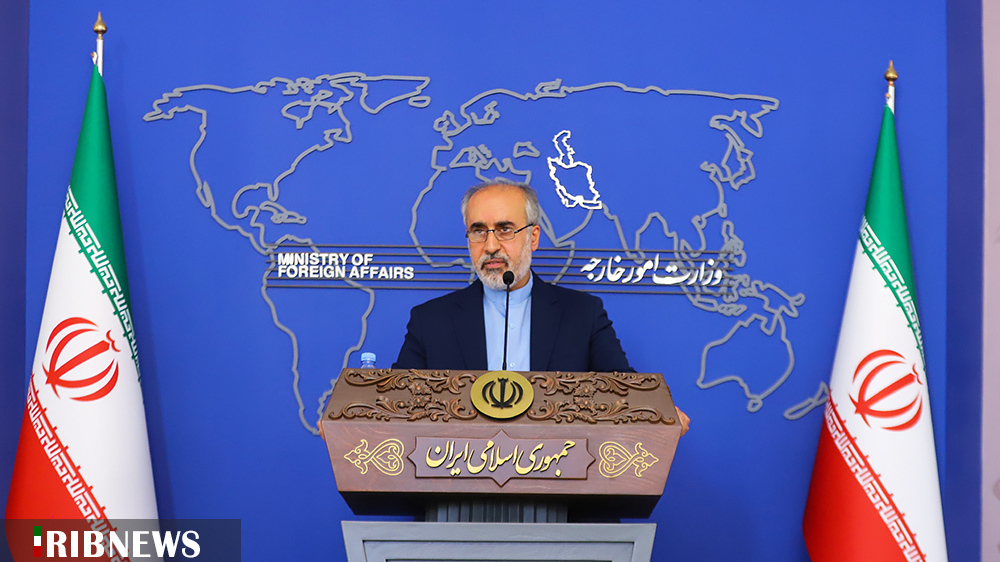
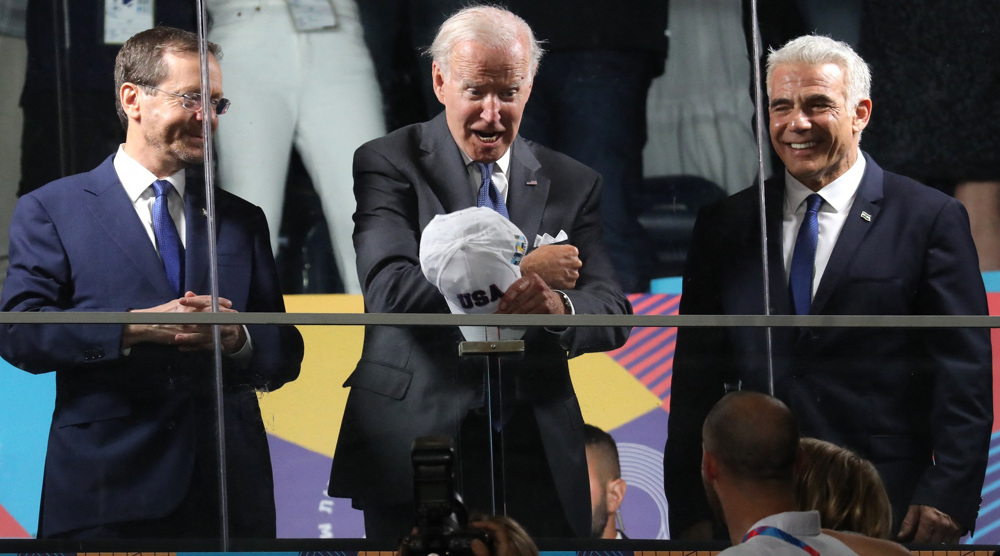
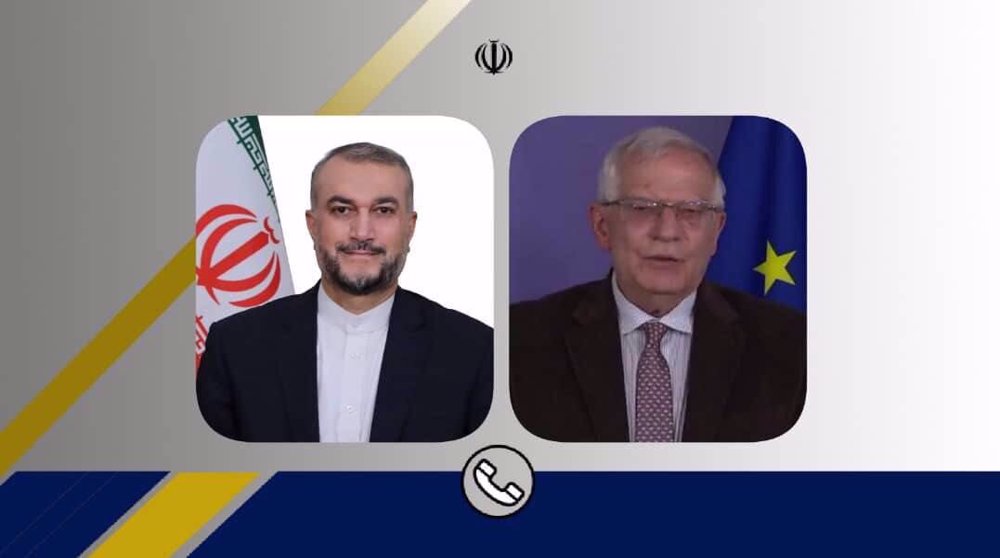
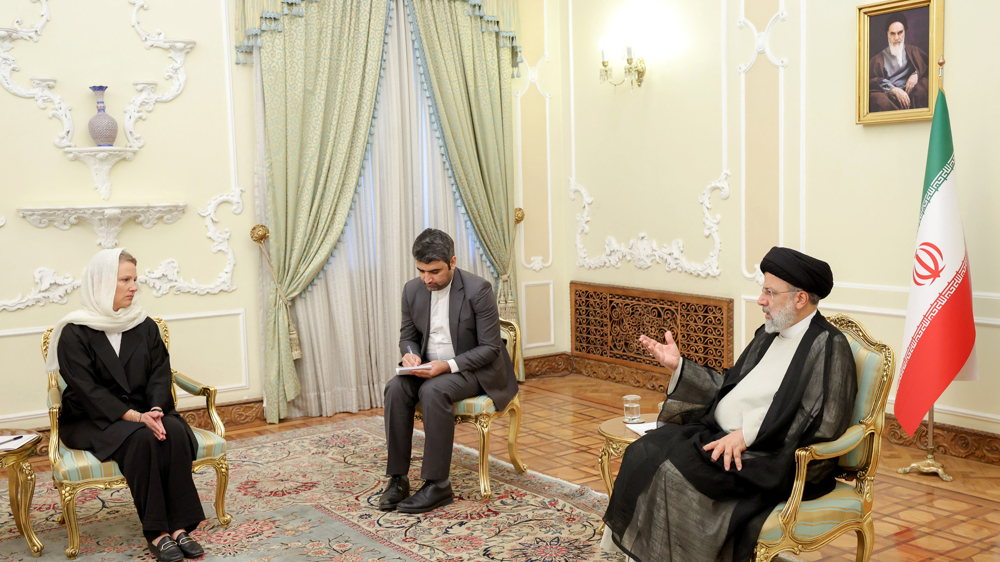
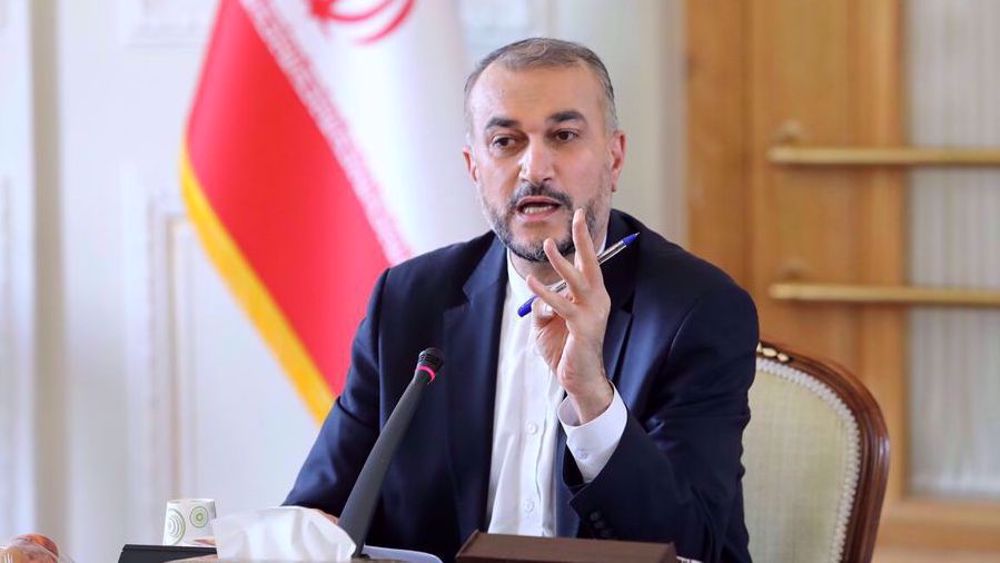
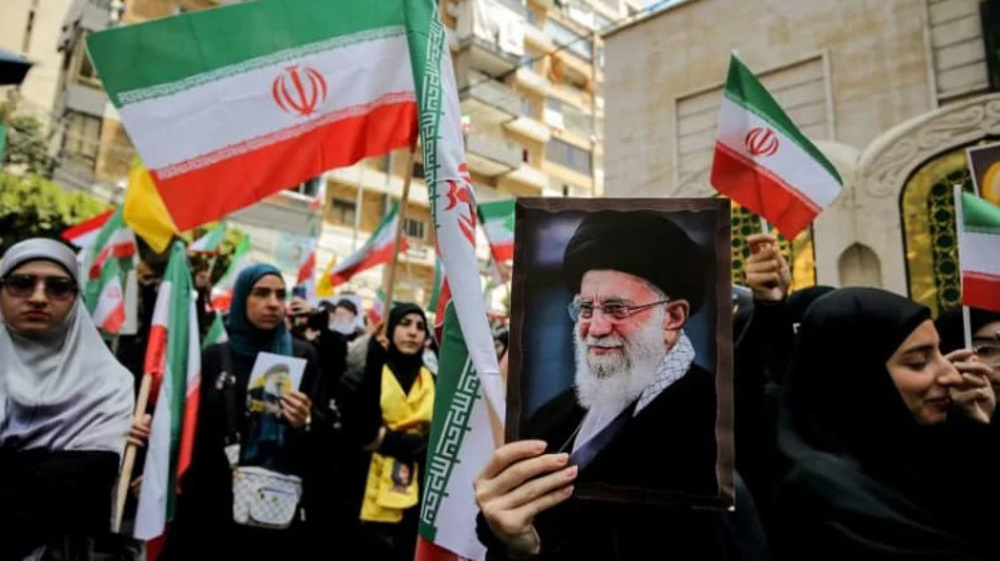
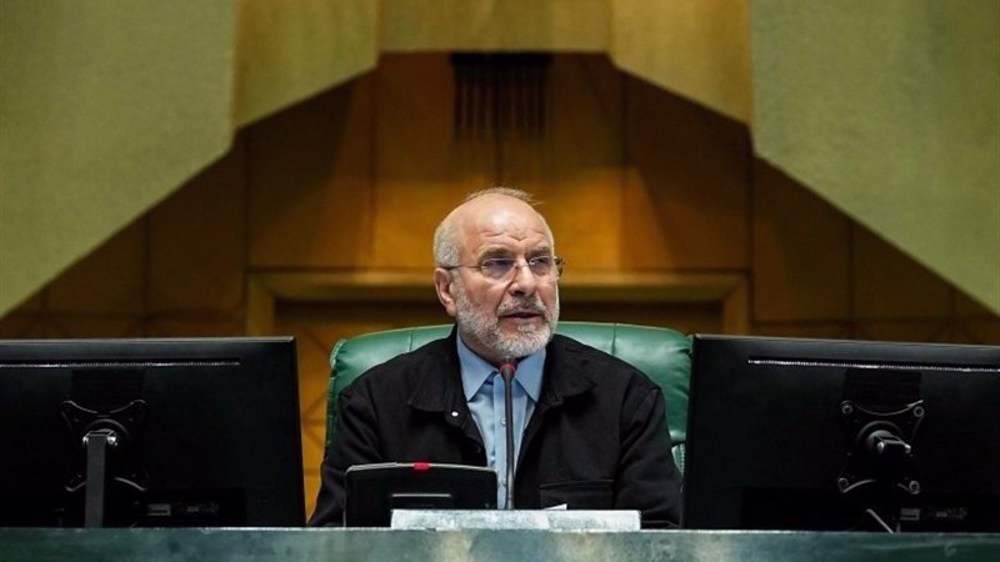
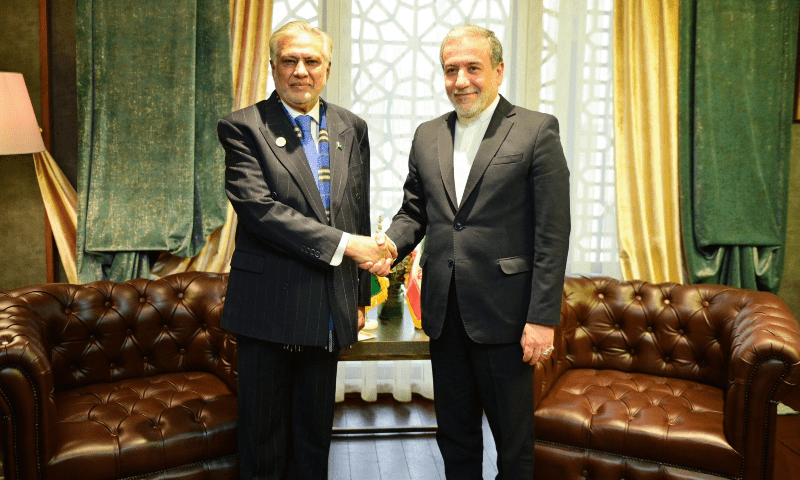



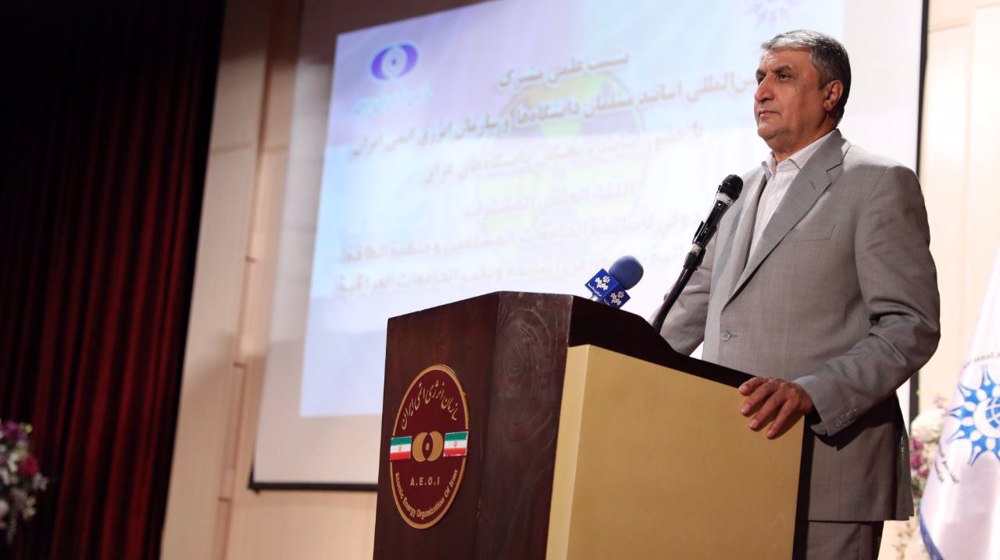
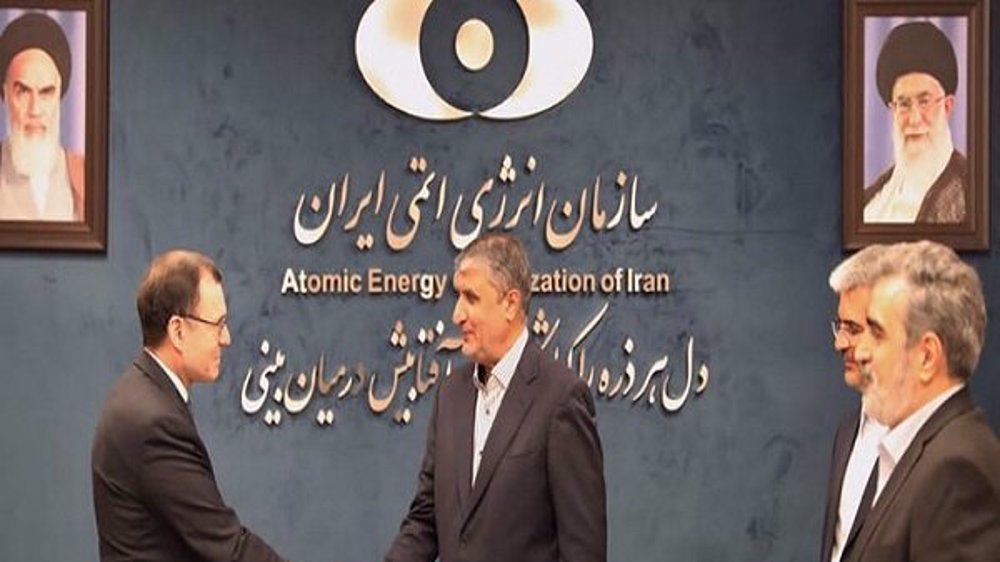
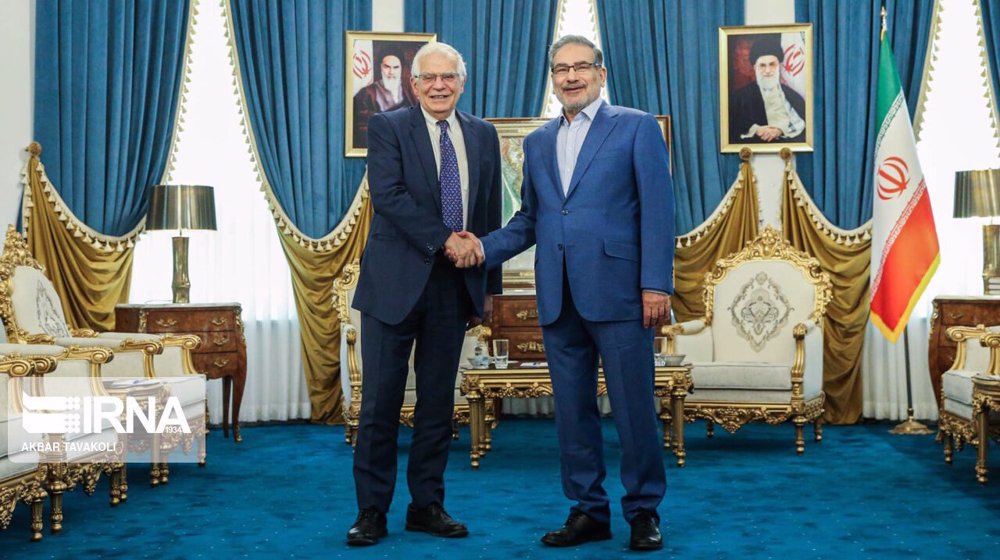
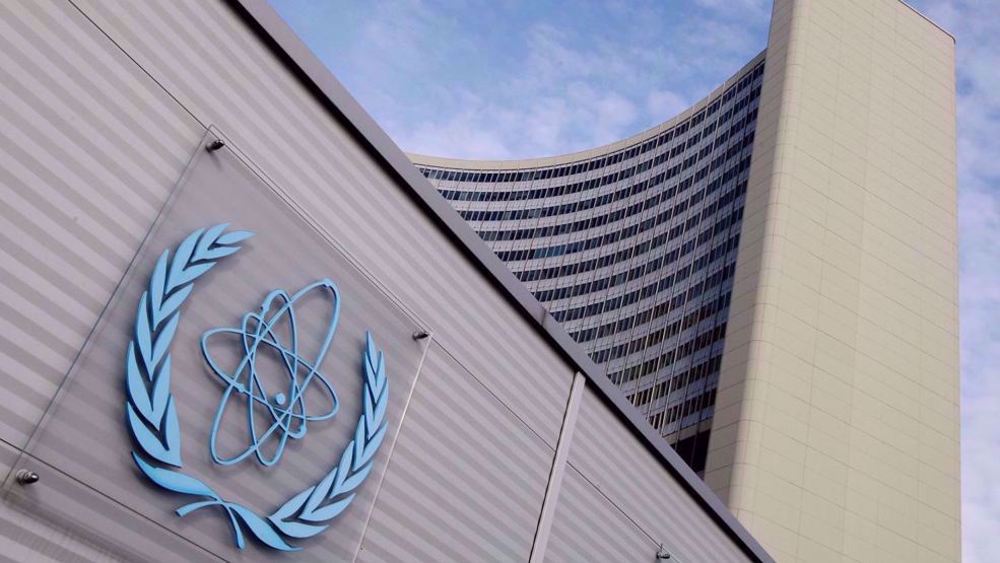
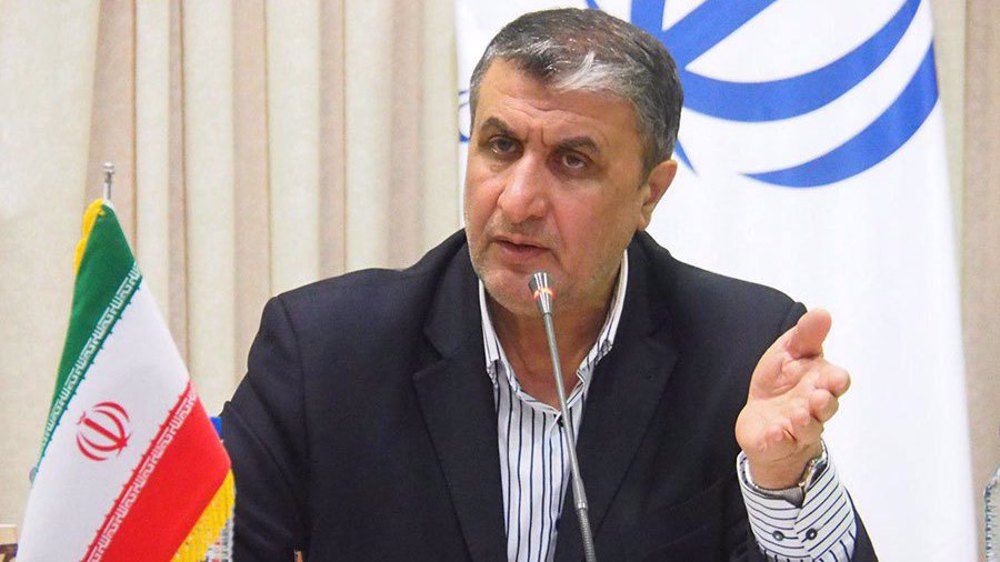

 This makes it easy to access the Press TV website
This makes it easy to access the Press TV website